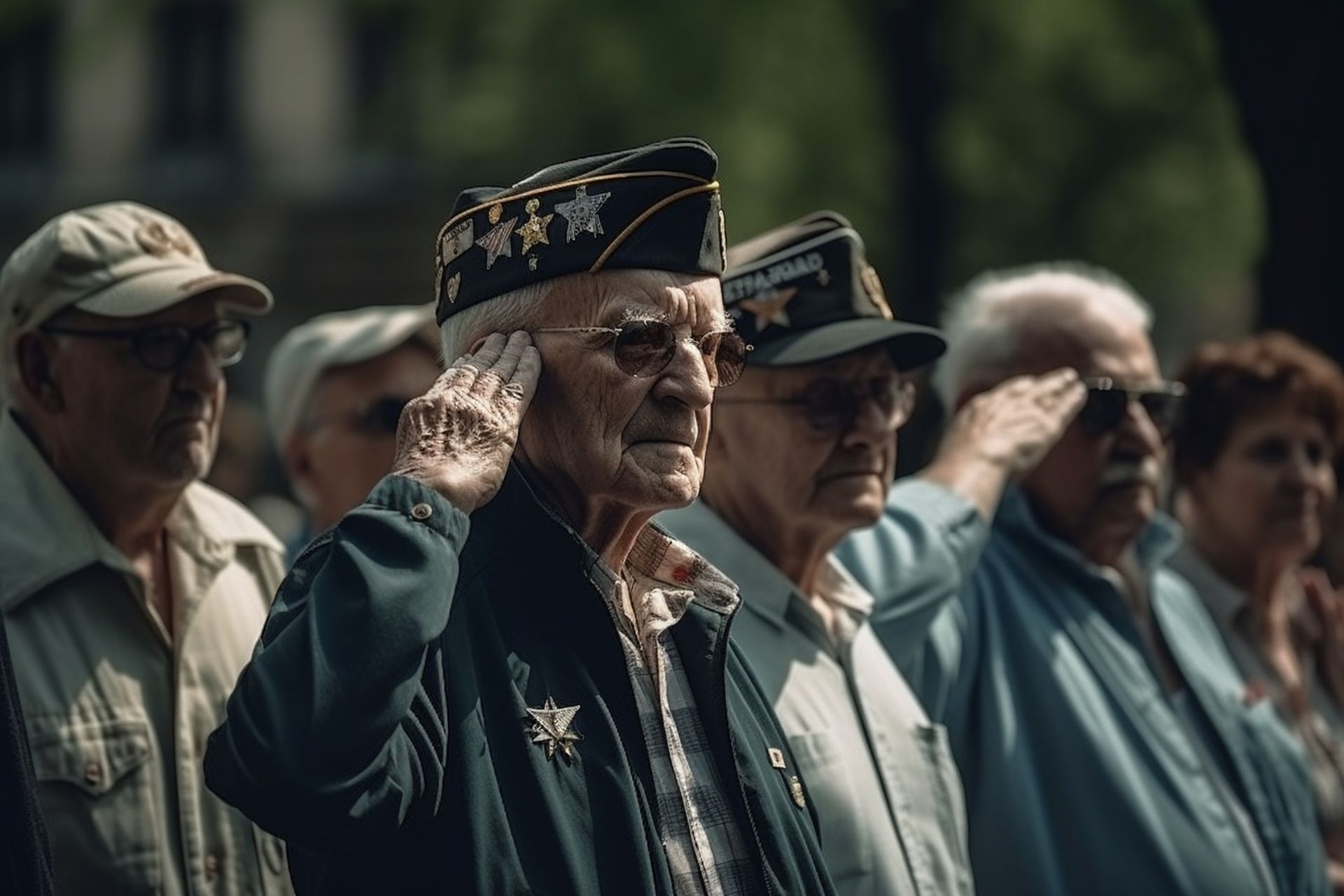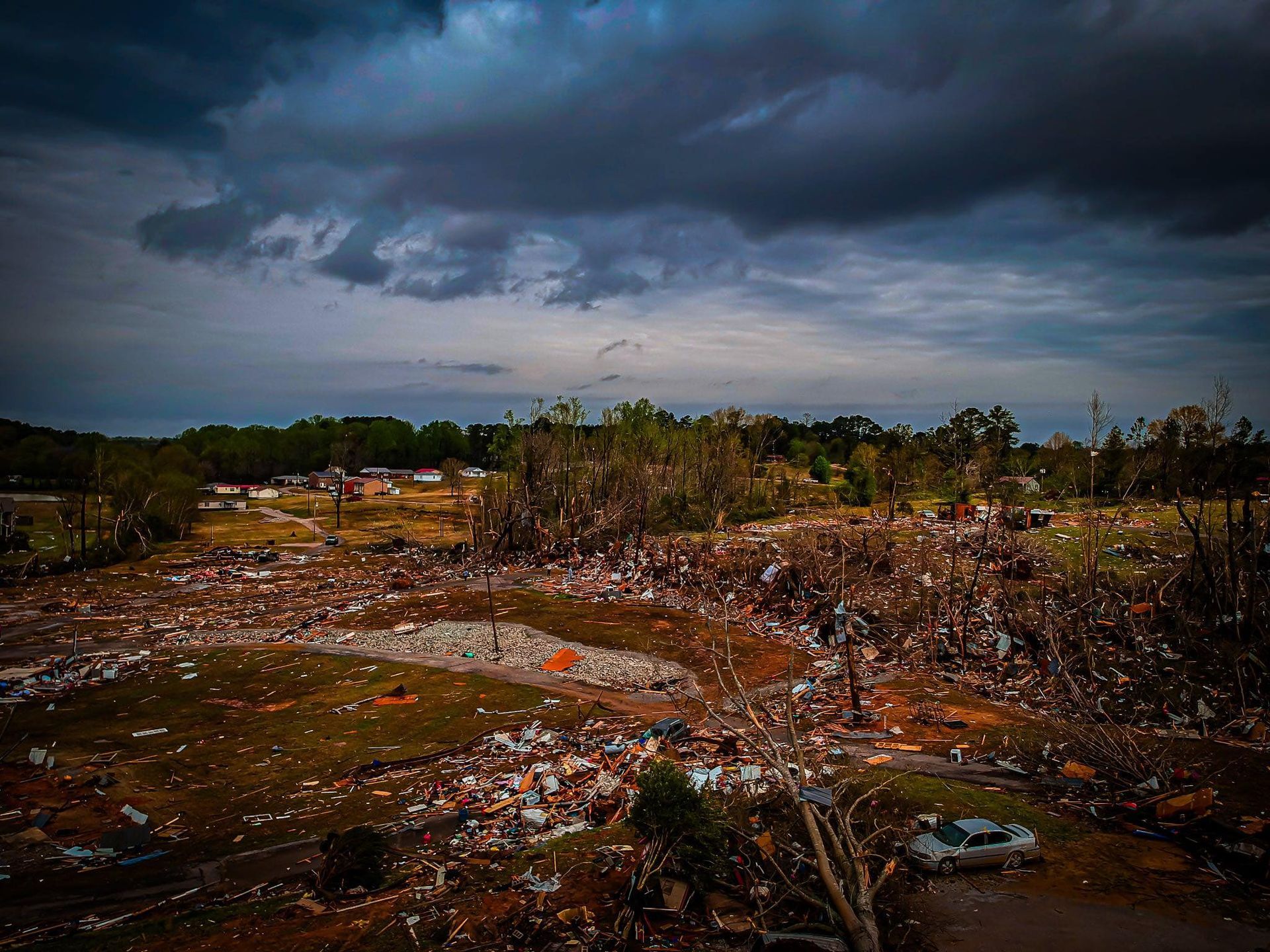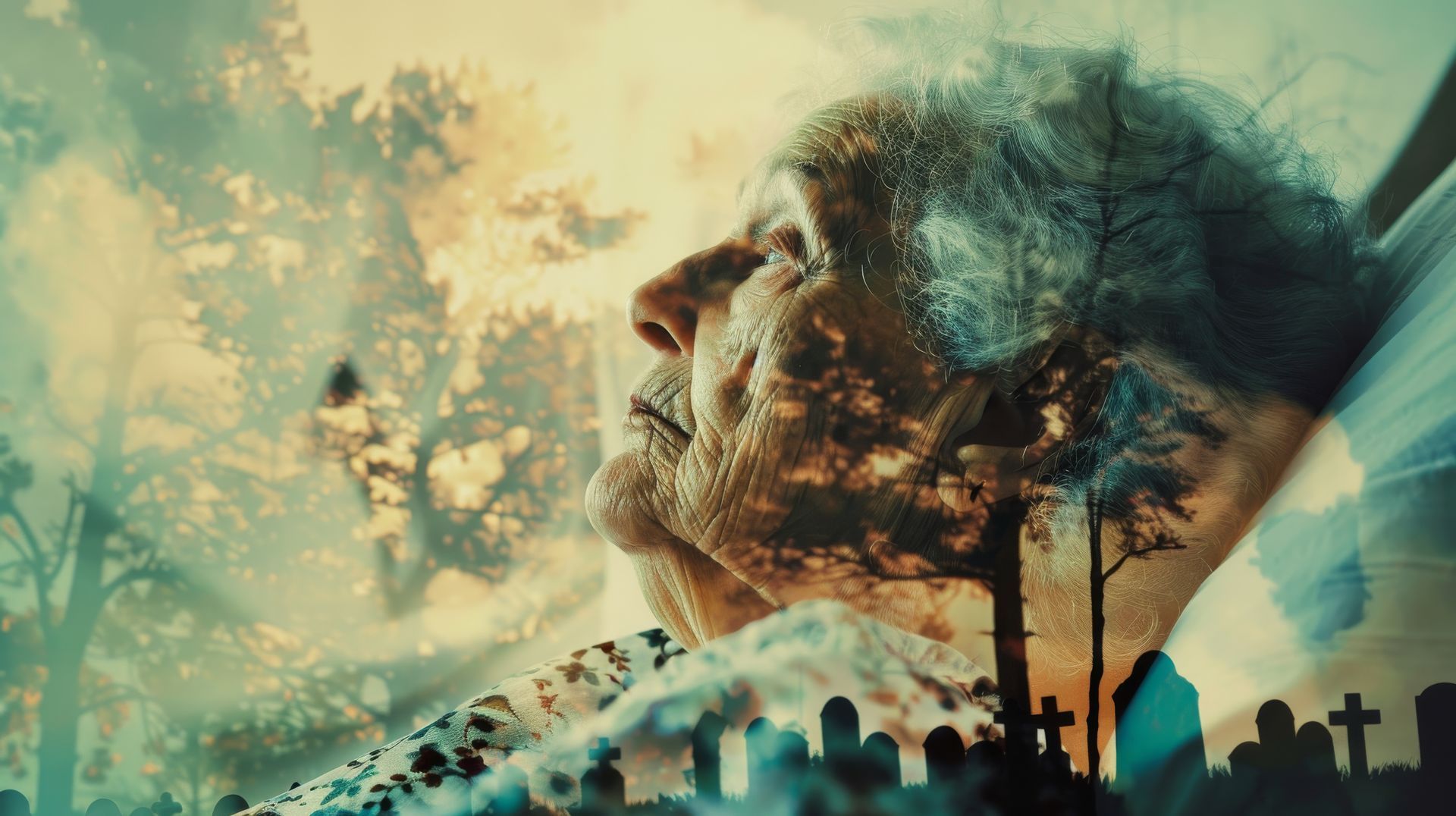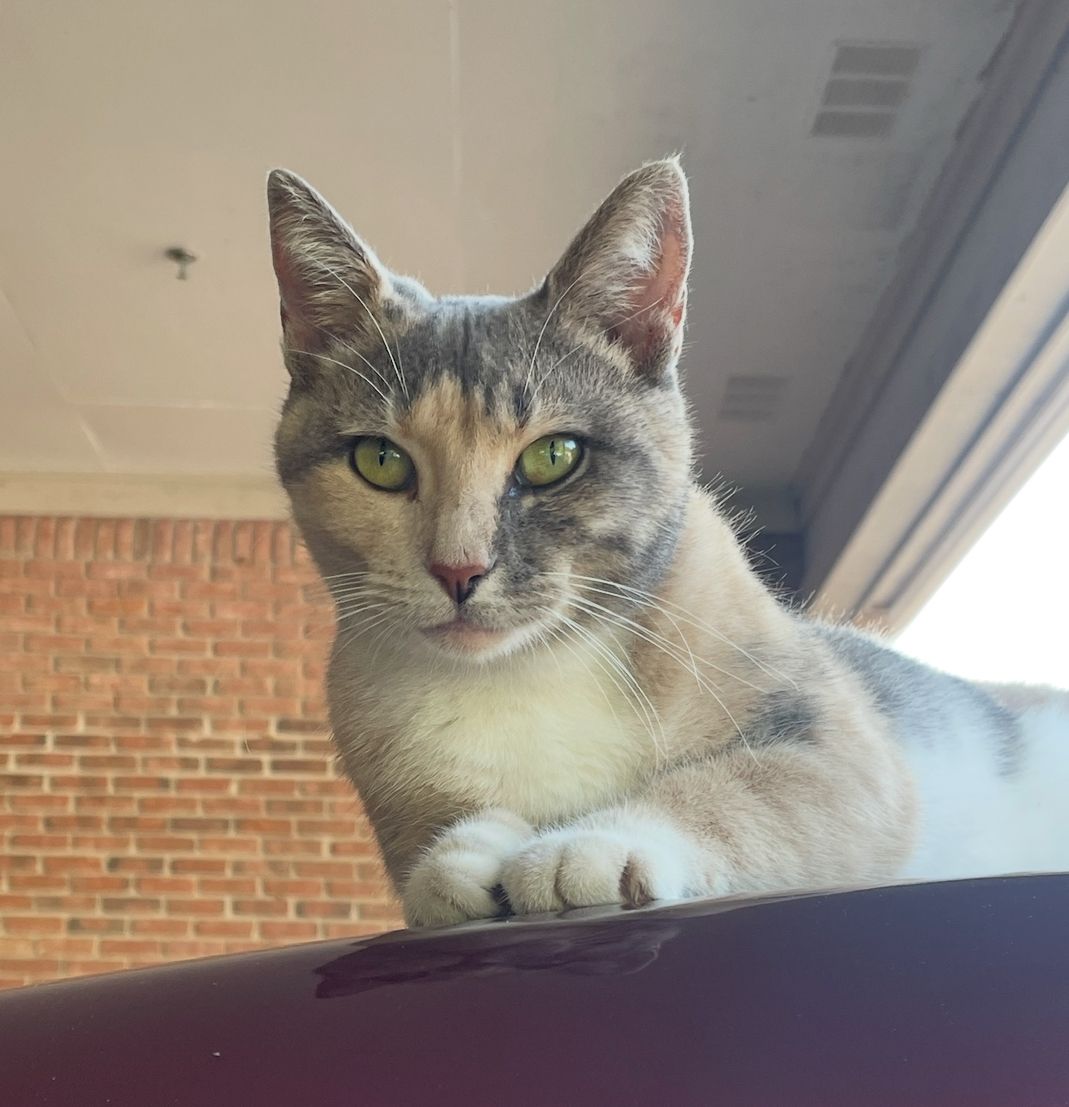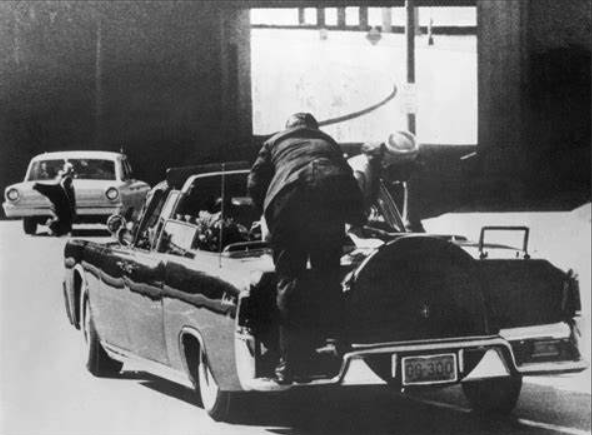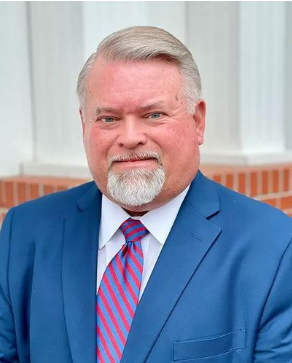Wilbur Gordon Ross, or Gordon as we all knew him, was employed as a funeral director and embalmer with Shackelford Funeral Directors in Bolivar when World War II began. At the ripe old age of 22, he registered for the draft on October 16, 1940; less than a year later he was called to active duty. As a member of the Army Air Corps, he was deployed to the European theater where he served as a B-24 tail gunner. When his tour of duty ended, he returned to his hometown of Bolivar, Tennessee and to his former employer. While working at the funeral home Gordon also served his community as the Hardeman County Trustee . . . and opened the Town House Restaurant. Toward the end of his life the Tennessee Funeral Directors Association honored him for 50 years of dedication to his profession—a dedication that ended with his death on May 26, 1992 at the age of 74.
Samuel Arthur Wheeler, Jr. was also employed at the Bolivar funeral home and also registered for the draft at the age of 22 on February 16, 1942. Within four months he was called to active duty, leaving the funeral home short two valued employees. As an automotive mechanic, Arthur was part of General Eisenhower’s “broad front” strategy and the Rhineland Campaign—an offensive designed to occupy an area of Germany adjacent to the Rhine River, and to secure passage over that river. By the end of the war, he had achieved the rank of Corporal and was certified as an expert with a Thompson Sub-Machine Gun and a marksman with a carbine and a rifle. Arthur returned to Bolivar and his former employer in 1946.
When James McDougal Garey enlisted in the United States Army Reserve Training Program his parents had to sign a consent form. He was only 17 at the time and wasn’t sworn in for active duty until December of 1942 after his 18th birthday. By July of the following year, he was attached to the U. S. Army Signal Corps and stationed in Brisbane, Australia. Within a matter of weeks, they found themselves in New Guinea where his unit worked to establish shore to ship communication links in order to relay information back to headquarters. Because of their mission, they took the brunt of the bombing and strafing, something which almost cost Jim his life in October of 1943. His installation was alerted to an approaching bomber, causing Jim to grab his helmet and take refuge in the communications dugout, a cavity carved into a hillside that was just large enough for the communications officer, the radio operator, and Jim. The plane was low enough they could hear it as it approached. They could hear the bomb bay doors open. And then came the deafening explosion that collapsed the dugout, piling tons of sand, rock, and timbers around the three soldiers inside. The communications officer was killed . . . the radio operator was severely injured . . . and Jim was buried alive with his helmet covering his face. It had fallen when the bomb hit and trapped just enough oxygen to allow him to survive until his rescue. He regained consciousness as he was being carried to the medical tent; only then did he realize he hadn’t died. Within four weeks he returned to active duty. Once the war ended, he settled in Tennessee, married his wife Flora, and earned his degree in Agricultural Education. After teaching for two years, they moved to Savannah where he worked for Tennessee Valley Electric Cooperative before becoming an employee of Tennessee River Pulp and Paper. His retirement found him employed part-time with the funeral home in Savannah, sitting visitations.
William Herbert Wood honorably served his country as a member of the Tennessee National Guard for 30 years, attaining the rank of E6 Staff Sergeant before his retirement in 1997. During that time, he was trained as a cannon crew member, an infantryman, and in the use of heavy anti-armor weapons. While a member of the National Guard, Herbert also worked as a licensed funeral director for several funeral homes, including Shackelfords in Bolivar, before his employment with, and eventual retirement from, Merchants and Planters Bank. His grave in Bolivar Memorial Gardens is marked by his veteran’s bronze plaque which gives his rank at the end of his service and notes “Retired 30 Years”.
All of these—and so many others—served our country in times of peace and in the chaos of war . . . then returned to a life far too many of us take for granted. They, along with others not mentioned here, were a part of our work family, and although they served with dignity and honor, it was not something they dwelled upon or boasted of. I’m sure most of us abhor the tragedies of war and the need for constant vigilance and preparation, but I hope we are also grateful for those who have served, whether willingly or not, so we may continue to enjoy the freedoms we have today. As November 11th approaches, may we remember to honor their sacrifices.
About the author: Lisa Shackelford Thomas is a fourth-generation member of a family that’s been in funeral service since 1926. She has been employed at Shackelford Funeral Directors in Savannah, Tennessee for over 40 years and currently serves as the manager there. Any opinions expressed here are hers and hers alone and may or may not reflect the opinions of other Shackelford family members or staff.


